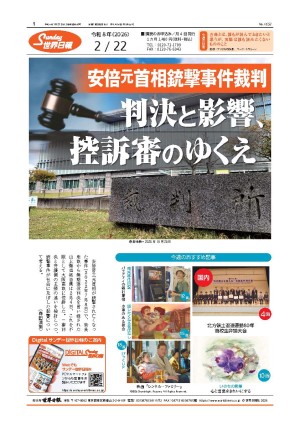正しい歴史記述を Getting history right
歴史なんて「ナンセンスだ」と、(自動車王)ヘンリー・フォードが言ったというのは有名な話だ。しかし、より正確には、歴史にはさまざまな解釈があると、言うつもりだったかもしれない。第2次世界大戦の勝者も敗者も共に現実をゆがめた罪を免れない。
オバマ大統領はかつて、故意か、スピーチライターの不用意な間違いによるものかは、さておき「ポーランドの死の収容所」という言葉を使ってしまった。アウシュビッツその他のナチの死の工場がポーランドにあったのは本当だが、それらは、ドイツのものであって、ポーランドの死の収容所ではなかった。
...【全文を読む】







